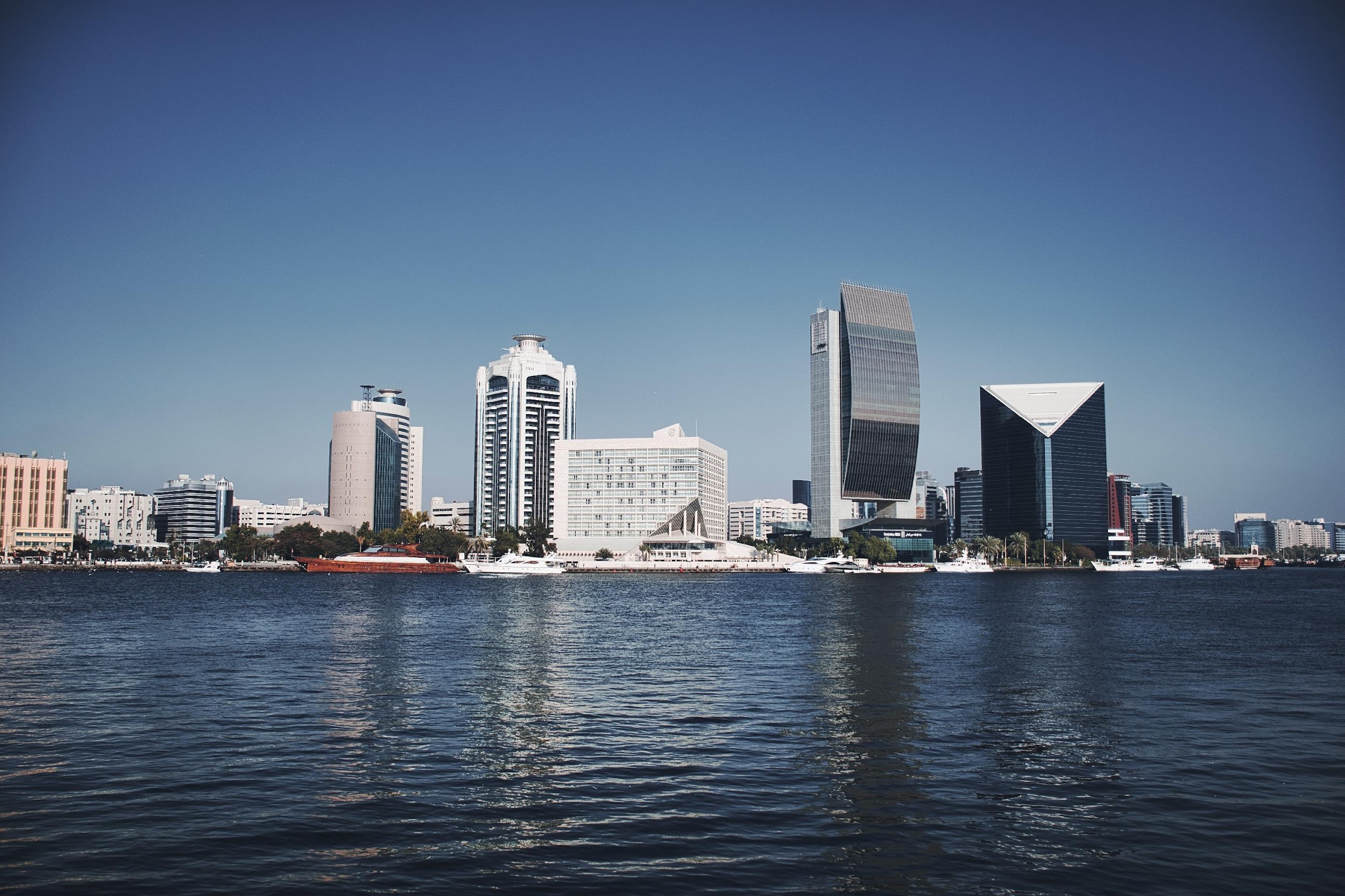In 2021, the construction market in the United Arab Emirates (UAE) was worth $81 billion. The market is expected to grow at a compound annual growth rate (CAGR) of more than 3% from 2023 to 2026. Infrastructure, energy, and utility projects, as well as residential building projects, will all help the UAE construction market grow. But problems with the supply chain, higher wages, and a tightening of monetary policy all pose a big risk to the industry’s outlook in the first part of the forecast period.

The UAE construction market report gives a thorough look at the growth prospects of the UAE construction industry by market, project type, and construction activity. It also gives important information about how trends and problems in the industry affect things, as well as an analysis of the most important risks and opportunities in the construction industry. It also gives an analysis of the mega-project pipeline, with a focus on the stages of development and the people involved, as well as a list of the major projects in the pipeline.
The UAE construction market is divided into different sectors.
Commercial construction, industrial construction, infrastructure construction, energy and utilities construction, institutional construction, and residential construction are the most important parts of the construction market in the UAE. In 2021, residential construction was the sector that made the most money from construction.
Residential construction: This sector will grow because more people want to live in their own homes and because money is being put into housing projects as part of the Sheikh Zayed Housing Program.
Commercial construction: The tourism and hospitality industries are getting better, which will help the commercial construction industry grow. Dubai’s plan to bring 25 million tourists to the emirate by 2025 will also help the sector’s output over the next five years.
Industrial construction: The growth of this sector will be helped by a rise in investments in the manufacturing sector and an increase in exports. The government’s focus on making it easier for businesses to do business and its efforts to achieve long-term economic diversification as part of the UAE Economic Vision 2030 plan will help the industrial construction sector’s output even more.
Infrastructure construction: The government’s efforts to build a sustainable transportation system will drive growth in this sector. During the forecast period, the Traffic and Transportation Plan 2030 is expected to speed up new public-private partnership projects in the sector.
Energy and utilities construction: Investments in renewable energy projects, which will help the energy and utilities sector grow and become carbon neutral by 2050, will drive the growth of the energy and utilities sector.
Institutional construction: In the coming years, the institutional construction market is expected to grow. Investments in projects for health care, education, and museums will help the growth.
Key Contractors in the UAE Construction Market
The UAE has one of the biggest construction industries in the world. The UAE boasts a number of iconic structures. Dubai is home to the tallest buildings in the world.
In terms of market growth, the UAE is one of the fastest-growing places in the world. It has the largest construction market in the world. By 2030, the UAE construction market is expected to be worth $40 billion.
In the UAE, there are a number of megaprojects that are being built right now. Some of the best companies in UAE have a lot of experience with complex projects in many different fields, such as airports, retail, hotels and resorts, high-rise buildings, themed projects, as well as construction management, design management, estimating, cost planning, and procurement.
Key Consultants in the UAE Construction Market
These consultants in UAE offer advice on construction and infrastructure in areas like urban redevelopment, sustainable infrastructure, construction digitization, smart cities and buildings, heating, ventilation, and air conditioning (HVAC), and others. they’ve worked with many different people in this industry, so consultants know how to come up with the right know-how strategy.
The main services consultants offer are:
UAE Market Intelligence: Through real-world experiences, consultants are able to give the clients useful information and help them spot changes in the market and new threats from competitors.
UAE Market Entry: Several options are being looked at to make their clients’ finances less uncertain by giving them information about customers, channels, partners, competitors, and other changes in the market.
UAE Competitive Intelligence: they do a full analysis of the competition in the UAE market and make sure to learn from the best practices. These consultants promise to give the clients a unique advantage by finding market opportunities, growth room, and blind spots.
Customer Intelligence in the UAE: For the development of new products, their team will look at the buying habits, demographics, and buying trends of customers.


